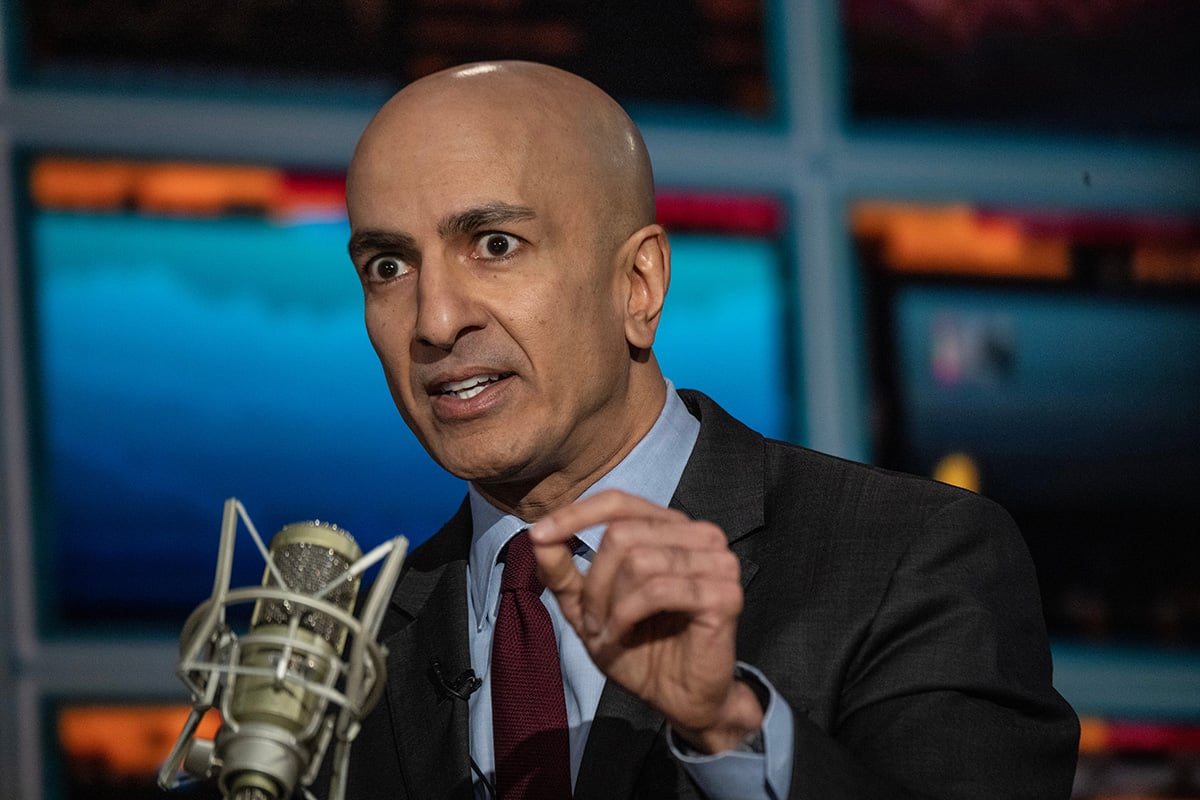The collapse of the North American Free Trade Agreement wouldlikely damage yet not derail the continent's economy and businessmodels of global corporations.
|That's the conclusion of economists trying to envisage lifeafter the 23-year-old accord as increasingly tense negotiationsover how to revamp it fuel speculation that President Donald Trumpwill follow through on his threat to withdraw.
|Without NAFTA, the U.S. and Mexico would charge each other thehigher tariffs they now levy on other members of the World TradeOrganization. Those run as high as 7% on average in Mexico and 3.5%in the U.S., although Canada and America may be able to fall backon a pre-NAFTA free-trade deal.
|An increase in duties would potentially hurt growth, cost jobsand spur inflation for all three nations with BloombergIntelligence and Moody's Analytics predicting Mexico would be thehardest hit.
|But none of the countries would be tipped into recession,according to Moody's. It forecasts most of the pain would come inthe first two years after the breakdown of the deal, assuming theU.S. and Canada would work out a bilateral arrangement.
|“It will be bad for business, but it wouldn't be cataclysmic,”said Mark Zandi, chief economist at Moody's Analytics. “It will bedisruptive to supply chains.”
|Mexico has been the biggest winner from the pact among the threecountries. Companies from General Motors to Caterpillar shiftedproduction south of the U.S. border to take advantage of cheaperwages, helping Mexico stabilize its economy after a debt crisis inthe 1980s.
|It also stands to lose the most from a NAFTA exit. Mexico wouldshed almost 1 million low-skilled jobs, compared with slightly morethan 250,000 in the U.S. and 125,000 in Canada, according toImpactEcon, an economic consulting firm based in Colorado. TheImpactEcon estimate doesn't assume survival of the U.S.-CanadaFTA.
|Mexico's manufacturing sector would be most at risk if theaccord ends, especially in the auto industry, according to ananalysis by Bloomberg Intelligence. The U.S. had a $74 billionautomotive trade deficit with Mexico last year — outsizing theoverall $63 billion shortfall.
|Private investment in Mexico has already been falling ontrade-related uncertainty, and would likely suffer further on aNAFTA exit. But the short-term impact could be limited, since itcould take time for companies to adjust their supply chains, andMexico would likely remain competitive relative to the U.S. becauseof its low labor costs, according to BI.
|A party can withdraw from the pact with six months' notice,though it would probably trigger legal and political battlesbecause the full extent of the president's authority over trade isunclear. The path for reshaping America's trade ties with Mexicoand Canada could take years to work out. Congress's trade powerswould help frame a withdrawal and Trump's successor could evendecide to re-enter talks.
|Negotiators bought more time by extending NAFTA talks throughMarch after the U.S. during the latest discussions this monthunveiled hardline demands that were rejected by Mexico andCanada.
In Dispute
Similar to the expected impact of Britain's exit from theEuropean Union, tariffs might not be the biggest obstacle tobusiness. The pact's demise would dismantle the system ofindependent tribunals that govern investment on the continent. Forexample, U.S. companies would lose a safeguard that prevents Canadaor Mexico from seizing their assets.
|A weakening of protections for American companies woulddisproportionately hurt Mexico, where legal buffers forcorporations aren't as robust, said Carlos Capistran, head ofMexico and Canada research at Bank of America Merrill Lynch.
|“The impact of higher tariffs may actually not be thatlarge,” he said by phone. “I'm worried about the impact oninvestment.”
|Helping Workers?
One of the keys to Trump's election last year was his appealamong voters in states hurt by the decline in manufacturingemployment, such as Ohio and Pennsylvania.
|Some companies would probably move production back to the U.S.if the president withdraws from the deal, said Michael Stumo, CEOof Coalition for a Prosperous America, a nonprofit group that hassupported the administration's skepticism toward free trade.However, addressing currency imbalances would be a more durable wayof shifting trade flows, he added.
|But others argue that companies would simply shift production tolower-cost production hubs in Asia, rather than return the U.S. toits manufacturing glory days.
|“It's unlikely NAFTA's termination would lead to meaningfullyhigher job gains in the U.S.,” said Michael McDonough, globaldirector of economic research at Bloomberg Intelligence. “Companieswould probably pass higher prices on to consumers rather than spendbillions over many years to bring capacity back to the U.S.”
|From: Bloomberg News
|Copyright 2018 Bloomberg. All rightsreserved. This material may not be published, broadcast, rewritten,or redistributed.
Complete your profile to continue reading and get FREE access to Treasury & Risk, part of your ALM digital membership.
Your access to unlimited Treasury & Risk content isn’t changing.
Once you are an ALM digital member, you’ll receive:
- Critical Treasury & Risk information including in-depth analysis of treasury and finance best practices, case studies with corporate innovators, informative newsletters, educational webcasts and videos, and resources from industry leaders.
- Exclusive discounts on ALM and Treasury & Risk events.
- Access to other award-winning ALM websites including PropertyCasualty360.com and Law.com.
*May exclude premium content
Already have an account? Sign In
© 2024 ALM Global, LLC, All Rights Reserved. Request academic re-use from www.copyright.com. All other uses, submit a request to [email protected]. For more information visit Asset & Logo Licensing.






